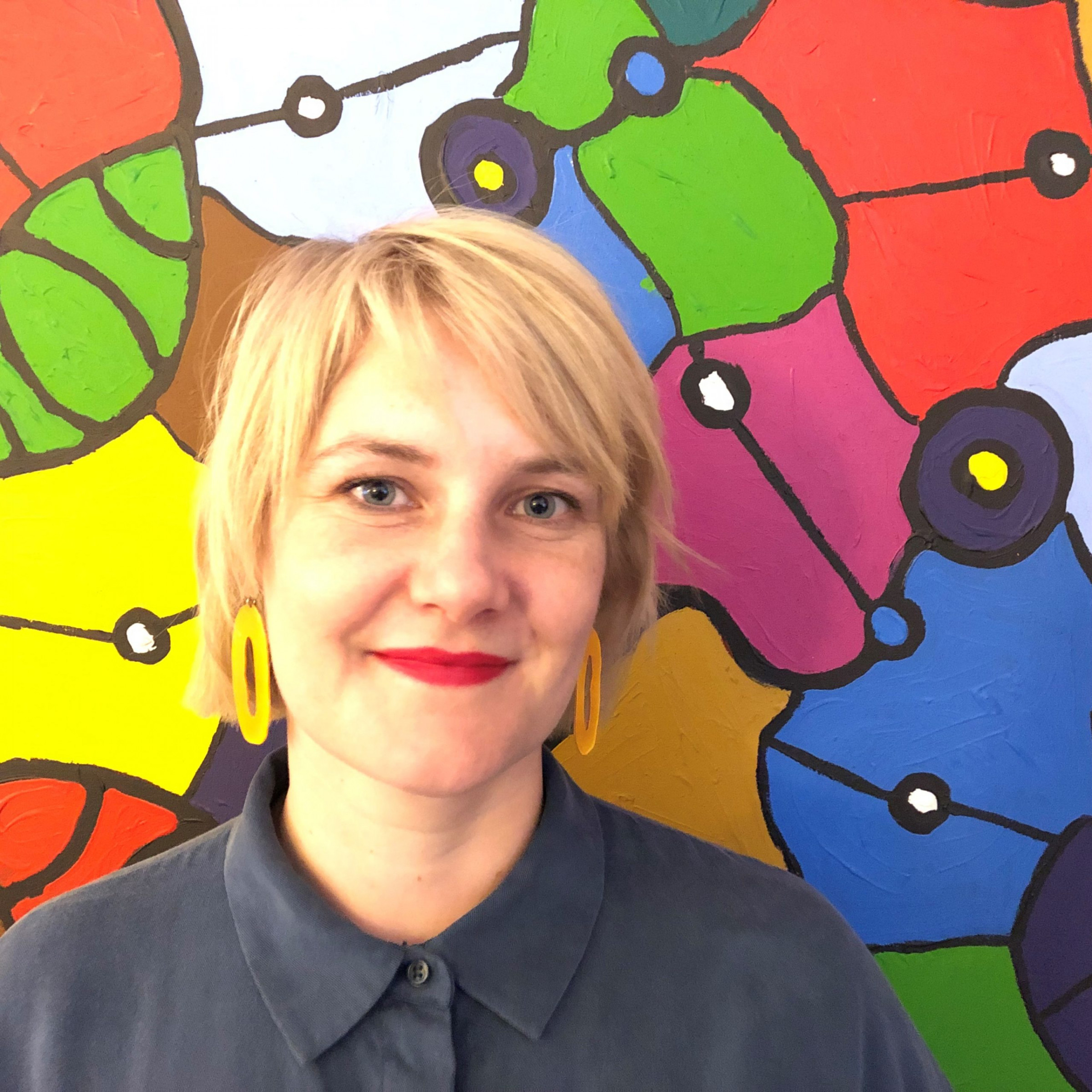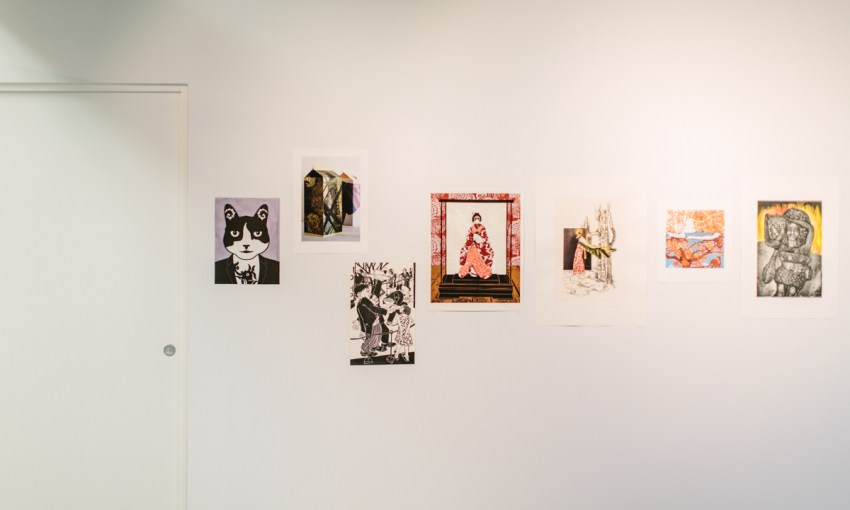Untethered to the physical realm and no longer constrained by the need to adhere to the strict deadlines and space limitations of a printed program, SALA is opening up registrations to artists to make and exhibit work right up until the very last day of the festival.
SALA Festival won’t know itself in 2020
SPECIAL REPORT: COVID-19 ADELAIDE
SALA Festival in August this year may seem like it’s in the clear with regards to COVID-19 and the gentle easing of restrictions we’re currently experiencing in the public and private realm through the government’s three-step program to return society to normal.
Six weeks ago, however, the festival needed to make some fast and firm decisions about how it would operate in 2020.
“We had a lot of artists and community stakeholders contacting us,” says SALA Festival CEO Kate Moskwa about the situation she and the organisation found themselves in.
She says a lot of people were really interested in trying to feel out what SALA thought the landscape would look like in the next six months, “which is really difficult because nobody really knows.”
SALA announced it would not print a program and instead would opt for a ‘digital first’ festival, where only those events, exhibitions and works that conformed to the Government’s advice on social distancing and COVID-19 containment measures would be accepted by the festival.
While you could perceive this as a major blow, the reality is that by conforming in this way the festival has been freed up to adapt with the situation as it evolves.
“Because [the festival] is in August, it’s not so soon that we know definitely the current restrictions will be in place, but it’s not so far away in terms of planning,” Kate explains.
“What we’ve done this year, is rather than have the deadline for registrations that we ordinarily have imposed because of our print deadline, we’re keeping registrations open all the way through until the end of the festival – or the end of August.

SALA Festival CEO, Kate Moskwa
“Because it’s all online, we can make something live in the program fairly instantly from the time someone registers it. So people can make responsive work. People will be able to see what others are doing and learn new technologies and platforms and be able to respond to that right up until the last minute,” says Kate.
As a result, the South Australian Living Artists Festival in 2020 will be more “live” than ever before.
Through the restrictions and conditions COVID-19 have forced on society, here is a real opportunity for an organisation and an entire community to innovate and change their perceptions of what a festival can be.
Imagine seeing art at the start of August, getting inspired, and then being able to go home, make work and exhibit it yourself as part of that very same festival. It sounds brilliant for artists. But it also sounds difficult for Kate and the team at SALA to manage.
“Being digital with our program means we can stay open to whatever possibilities arise,” Kate assures us.
CityMag is excited by this concept of a rolling, evolving program and we ask Kate whether or not she’s heard of any other festival doing anything like this ever before.
“No, I don’t think so. I think there’s usually a pretty strict program deadline,” she responds casually.
“It’s going to be fast and loose but everything needs to be responsive in the digital world. We’re just going with the flow at this stage.”
HOW TO KEEP UP TO DATE?
Kate says people should sign up to the database via the website – salafestival.com – all the information will be coming out through there as well as through SALA’s social media channels, which you’ll find linked on the site.
IS THERE A THEME TO SALA THIS YEAR?
There isn’t. SALA recognises there is a diversity in practice as well as the types of venues invovled with the visual arts in South Australia that precludes an overarching theme from being instituted.
However, Kate says “Art isn’t created in a vacuum. It’s always a reflection of what’s going on in the world at the time of making. I think naturally COVID-19 and the pandemic will become a bit of theme for people this year – especially if artists are adapting their practice to make something digitally or that complies with the current restrictions.”




